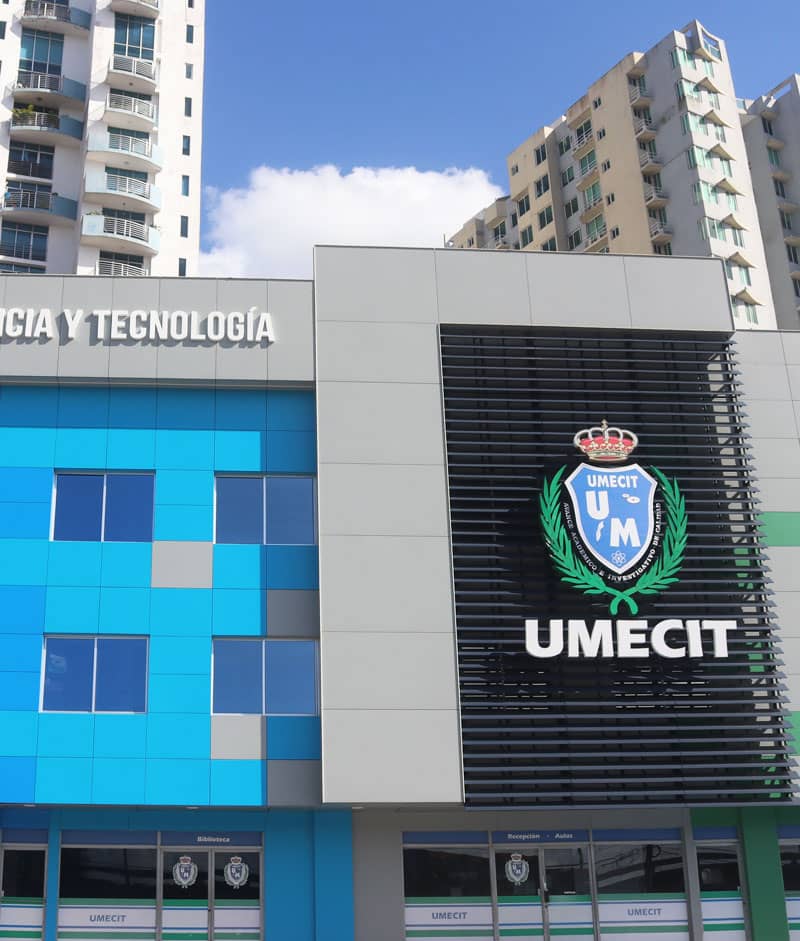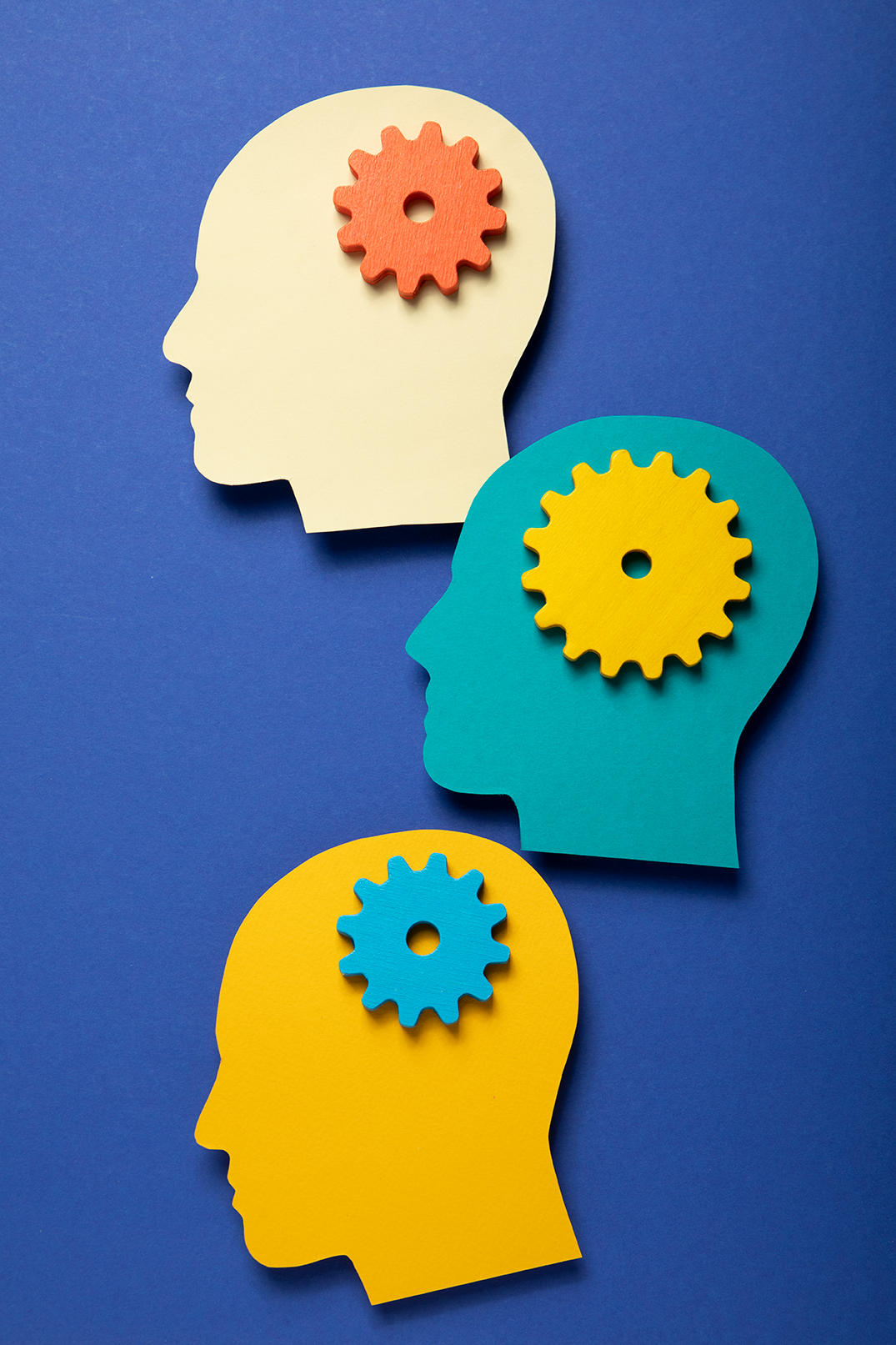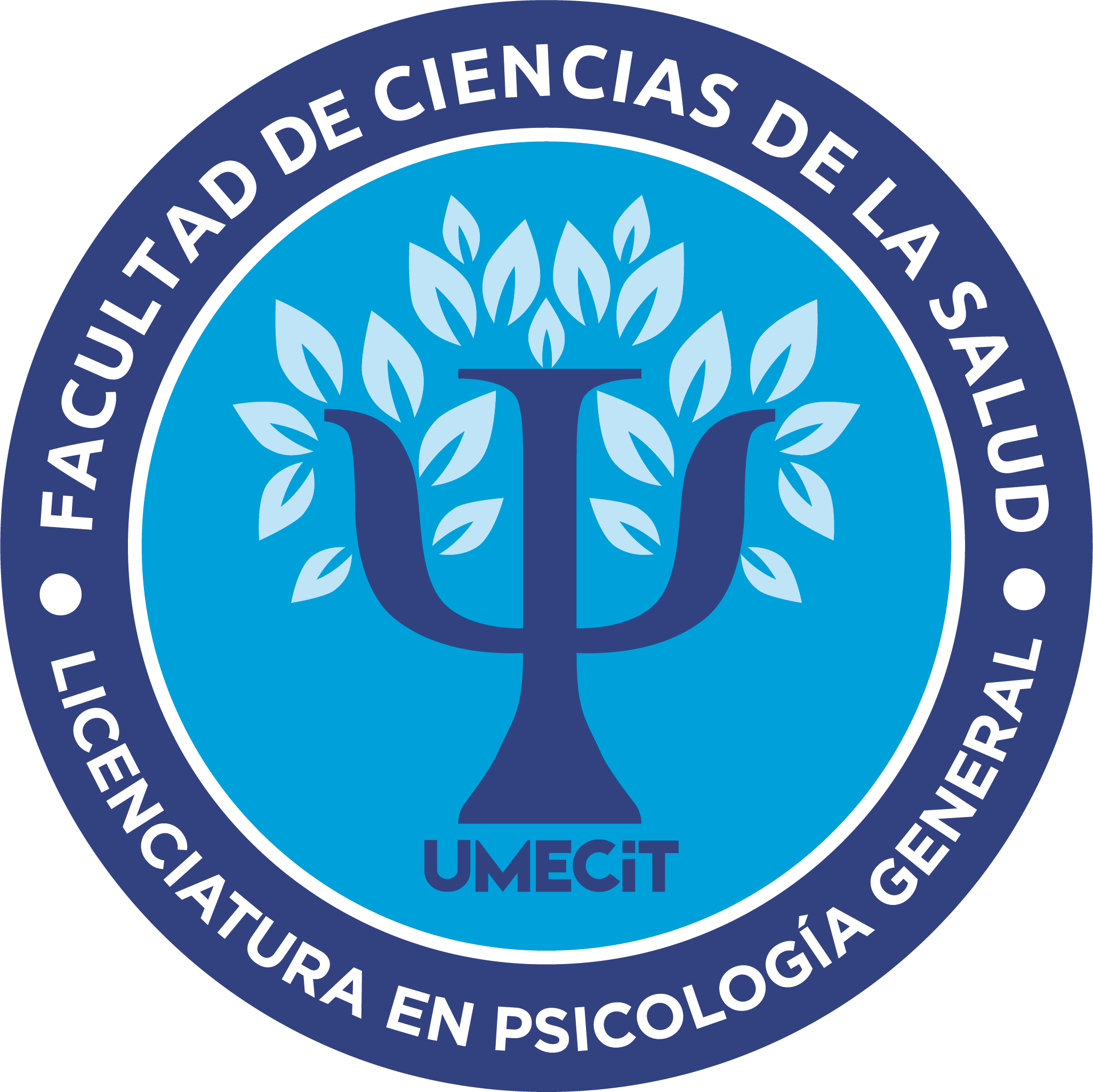"athletic mind"
In the vast world of sports, where competition and performance reach extraordinary levels, sports psychology emerges as a crucial discipline to study human behavior and explore the potential of subjects, thus being able to improve athletic performance.
In this context, a sports psychology research hotbed is being established, supported by the physiotherapy hotbed, whose objective is to explore and deepen the mental and emotional aspects that influence sports performance.



The seedbed is made up of a group of passionate psychology students and professionals, who are interested in the discovery and analysis of investigative exercises that seek to provide answers to fundamental questions in the area such as: How do psychological factors influence performance? athletic? How can mental resources be optimized to achieve maximum performance? How can mental challenges that arise in competitive sports be addressed and overcome?
With a multidisciplinary approach, the hotbed immerses itself in scientific research, examining existing theories, techniques, and practices in sports psychology. From cognitive psychology to developmental psychology, neuropsychology, and high performance sports psychology, the research team seeks to fully understand the complexity of the sports mind.
Through empirical studies, case analysis and collaborations with athletes and coaches, the seedbed aims to generate knowledge and contribute to the advancement of sports psychology. From identifying and developing stress management strategies to improving concentration and motivation, the hotbed aims to provide practical tools and innovative solutions to the psychological challenges athletes face in their pursuit of excellence.
The research hotbed in sports psychology becomes a beacon of light on the path of those who aspire to overcome mental barriers and reach new heights in their sports performance. Through research and study, this committed group seeks to reveal the secrets of the sports mind, paving the way to success in sports and in life itself, working jointly with other incubators belonging to the Faculty of Health Sciences, such as the physiotherapy hotbed.


"athletic mind"
Scientific research: The seedbed aims to carry out rigorous research in the field of sports psychology, exploring different topics and phenomena related to athletic performance and the mental and emotional aspects involved. It seeks to generate new knowledge and contribute to the advancement of the discipline.
Academic training: The seedbed seeks to provide its members with a solid academic training in sports psychology. It provides theoretical and practical learning opportunities, as well as the development of research, data analysis and scientific communication skills. The goal is to train students as competent professionals in the field.
Practical application: The seedbed focuses on the practical application of the knowledge acquired. It seeks to develop and test psychological interventions and mental training strategies that can be used by athletes, coaches, and sports professionals to improve performance, mental health, and well-being in the context of sport.
Collaboration and dissemination: The seedbed seeks to promote collaboration with other researchers and professionals in the sports field. It seeks to establish alliances with sports institutions, teams, athletes and coaches to carry out joint projects, exchange knowledge and disseminate the results of the research carried out.
Promotion of sports psychology: The seedbed aims to promote the importance and value of sports psychology in the sports community at large. It seeks to raise awareness about the influence of psychological factors on sports performance and to advocate for the inclusion of psychology professionals in multidisciplinary teams to support athletes.
In summary, the objectives of the sports psychology seedbed range from scientific research to academic training, practical application, collaboration and dissemination of knowledge, and the promotion of discipline in the sports field. All this with the aim of enabling the growth of the area of knowledge related to PSYCHOLOGY.
SPORTS PSYCHOLOGY
Building a research hotbed implies carrying out constant theoretical and investigative reviews that support and guarantee that the theoretical constructs associated with the central theme of the hotbed are validated and recognized by the scientific community. That is why it is important to briefly mention the conceptual bases of the seedbed "Athletic Mind":
Sports psychology
Different theoretical models in clinical psychology are explored and analyzed, such as the cognitive-behavioral, psychodynamic, humanistic, and systemic approaches, among others. These models provide conceptual frameworks to understand the nature of mental disorders and guide therapeutic interventions (Hidalgo, MV, Garrido, VM, & Fernández, J. R; 2012).
self determination theory
This theory holds that human motivation is driven by the satisfaction of three fundamental psychological needs: autonomy, competence, and social relatedness. In the sports context, this theory can help to understand how to promote intrinsic motivation and lasting commitment in athletes. (Deci, EL, & Ryan, RM; 2015)
self determination theory
This theory holds that human motivation is driven by the satisfaction of three fundamental psychological needs: autonomy, competence, and social relatedness. In the sports context, this theory can help to understand how to promote intrinsic motivation and lasting commitment in athletes. (Deci, EL, & Ryan, RM; 2015)
achievement motivation theory
Different approaches and intervention techniques used in psychotherapy are explored, such as cognitive-behavioral therapy, acceptance and commitment therapy, psychodynamic therapy, among others. The theoretical and practical foundations of these interventions and their application in clinical practice are analyzed.( Beck, J.S; 2011)
achievement motivation theory
This theory focuses on motivation to achieve achievement goals. It explores how individuals set goals, how they strive to achieve them, and how their perceived competence and fear of failure influence their motivation. In sports psychology, this theory is relevant to understanding athletes' motivation and how to set effective goals. (Ames, C; 2013)
Motivational Control Theory
This theory focuses on how individuals perceive and experience control in their environment. The perception of control can influence motivation, self-efficacy and sports performance. Understanding this theory is important to analyze how athletes interpret and respond to competition situations and the demands of sport Bandura, A; 1999).
flow theory
This theory describes the flow state of mind, which occurs when a person is completely immersed in an activity, enjoying it and feeling fully engaged. In the sports context, the flow experience is associated with optimal performance. Understanding this theory can help identify the conditions necessary for athletes to reach their full potential. (Nakamura, J., & Csikszentmihalyi, M.; 2014.)
These conceptual foundations provide a theoretical and conceptual framework for the seedbed of sports psychology, allowing researchers to explore and understand the mental and emotional aspects of sports performance and to develop effective interventions to improve the performance and well-being of athletes.


BIBLIOGRAPHY
- Ames, C. (2013). Achievement in school, sport and the arts: Developing motivation in educational contexts. Morata Editions.
- Bandura, A. (1999). Self-efficacy: How we face the changes of today's society. Desclée De Brouwer.
- Csikszentmihalyi, M. (2006). Flow (Flow): A psychology of happiness. Kairos Editions.
- Deci, EL, & Ryan, RM (2015). Self-determination and change in sport and exercise. Pyramid Editions.
- Nakamura, J., & Csikszentmihalyi, M. (2014). The flow in sports: Exploring the positive side of the athletic experience. Paidos.
- Ryan, RM, & Deci, EL (2018). Self-determination and personal well-being: Applications of self-determination theory. Desclée De Brouwer.
- Scanlan, TK, & Simons, JP (2015). The construct of enjoyment in sport: Current status and future prospects. Journal of Sport Psychology, 24(2), 375-386.
- Weinberg, RS, & Gould, D. (2014). Fundamentals of Sports Psychology and Physical Exercise. McGraw-Hill.
- Roberts, GC (2002). Advances in motivation in sport and exercise. Panamerican Medical Editorial.
- Tenenbaum, G., Eklund, RC, & Kamata, A. (2015). Measurement in sport and exercise psychology. Panamerican Medical Editorial.
- Vealey, R.S. (2014). Sports Coaching: The key to the success of the coach. Tutor Editions.
WHICH ARE IN THE PROCESS OF IMPLEMENTATION FROM THE SEEDBED
Currently, the seedbed has initial projects that want to aspire to become macro projects that can be submitted to internal calls of the university and/or calls for international research.
The projects that are in the process of execution are the following:
"The impact of the perception of success on sports performance"
This project investigates how the perception of success can influence sports performance. It is intended to focus the studies on investigating how the perception of success, overcoming fears and visualizing successful results can improve the performance of athletes.
"Strategies for stress management in high performance athletes"
This project would focus on investigating different stress management techniques and strategies that can help high-performance athletes deal with competitive pressure and optimize their performance.
Through this project, techniques such as conscious breathing, progressive muscle relaxation and training in coping skills will be evaluated, to later review their effect on sports performance,
"The role of intrinsic and extrinsic motivation in sports performance"
This project aims to analyze how intrinsic motivation (internal motivation based on enjoyment and personal interest) and extrinsic motivation (external motivation based on external rewards) influence sports performance.
Studies are currently being reviewed to examine how different types of motivation affect athletes' persistence, effort, and satisfaction, and lead to goal achievement.
"Development of resilience in young athletes"
This project focuses on investigating effective strategies to develop resilience in young athletes. Psychological interventions and training programs based on coping strategies in psychology are currently being explored.
Psychological interventions and mental training programs that promote resilience, adaptability, and growth mindsets in young athletes are being reviewed.
"Teamwork in collective sports: A psychological analysis"
This project investigates the psychological aspects that influence team performance and cohesion in team sports.
Currently, research focused on the study of variables such as communication, decision-making, trust and cooperation within work teams is being tracked, with the aim of identifying strategies to improve the effectiveness of results thanks to teamwork. equipment.
These research projects are in the process of execution and refinement according to the processes that characterize formative and scientific research.

RESPONSIBLE FOR THE SEEDBED

teacher in charge
Contact: mafra24@gmail.com

Nursery Leader Student
Contact:
hayq2199@gmail.com

